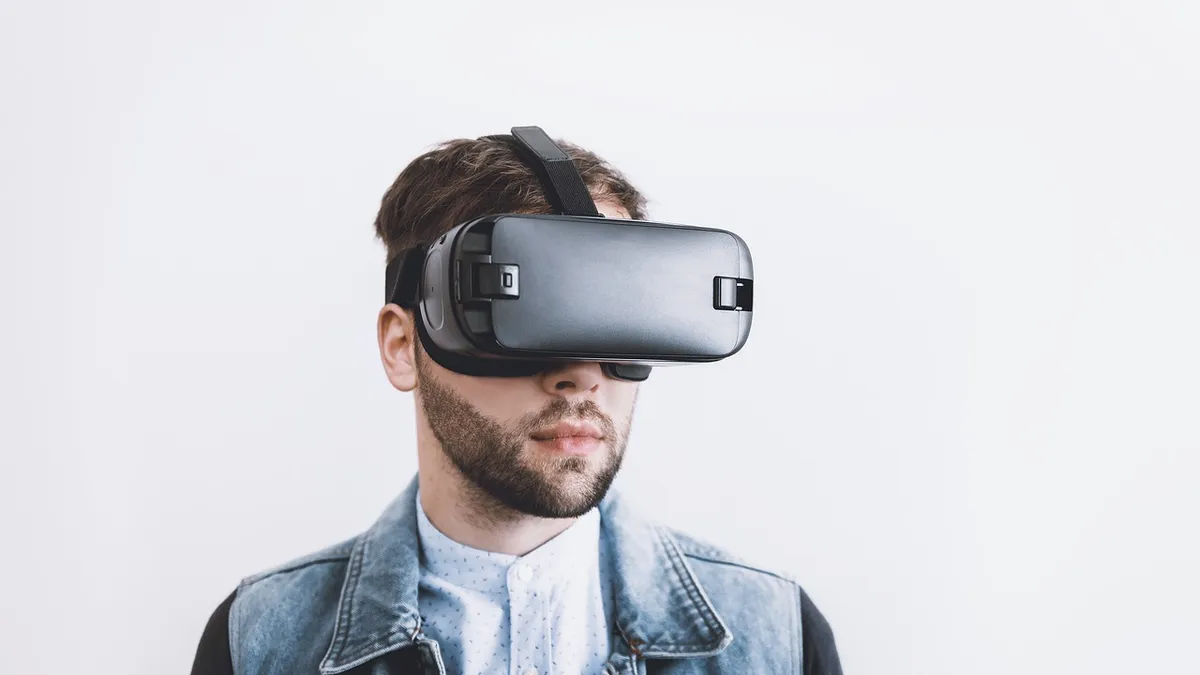Dive Brief:
- An Indiana-based company is using virtual and augmented reality to place employees in training scenarios to recognize and prevent sexual harassment in the workplace, according to a report by Indiana Public Media.
- Regatta VR's technology incorporates a dialogue tree that allows training scenarios to unfold depending on how users react, the report said. Regatta's platform mimics conversations with the opposite sex, tracking eye and bodily movement and encouraging employees to answer correctly, the company's founder and president Bill West told Indiana Public Media.
- West said the platform can help employees "understand that it's not just what you're saying to the person, but maybe where you're looking, how you're acting, how close you got to them where they might feel violated."
Dive Insight:
Despite the increased focus on sexual harassment prevention in the workplace following the #MeToo movement, the problem continues to persist. One issue may be that victims fear retaliation for speaking up: a report by the University of Massachusetts Amherst's Center for Employment Equity Some estimated that 99.8% of those who experience sexual harassment in the workplace never file a complaint.
Employees and their advocates nonetheless demand employers take action with respect to prevention training, and legislators in several states have followed suit. Workers are also keeping the issue front-of-mind when weighing job offers; 79% of employees in a recent poll by The Manifest said they would not take a job at a company that failed to respond to a report of sexual harassment, even for a higher wage.
Virtual reality tools have previously been used to teach employees on basic processes, but newer applications are directly tackling situations requiring deep knowledge of soft skills. For example, one such tool utilizes virtual humans to prep managers on how to manage the stress and emotions around firing an employee. Others focus on safety protocols. But employers also need to address the content of their sexual harassment prevention plans and strategies to take social norms and psychological barriers — like the "bystander effect" — into account, an expert said at a recent employment law conference.












